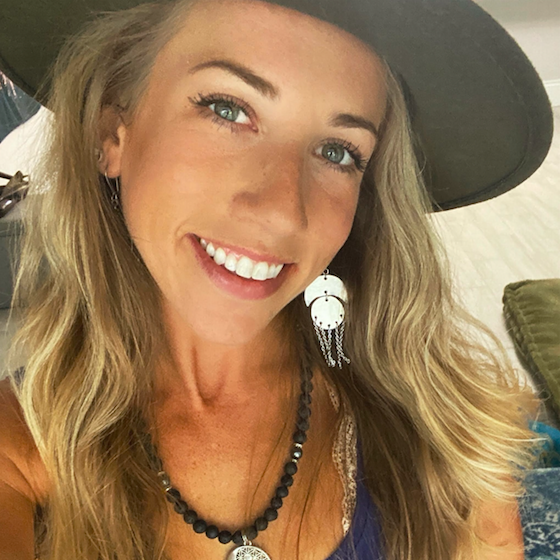
Everywhere Apparel recently launched what it says is the world’s first closed-loop blank apparel (defined as clothing without any decorations or branding) line made of 100 percent GRS-certified (Global Recycled Standard) cotton. This Los Angeles-based clothing company is providing an alternative to recycled polyester (rPET) with Circot yarn and fabric. This fiber is fully recycled and free of microplastics, unlike other fibers on the market. Founded in 2019, the company is led by Stanford-educated engineers with an objective to transform the materials industry with more sustainable materials.
The company decided to open-source its closed-loop system at no cost in order to make the technology accessible to anyone interested. Centering its focus on blank apparel, Everywhere Apparel is increasing its impact on sustainable fashion by broadening its reach as wide as possible. Printable clothing appeals to the business-to-business, or B2B, market by reaching other organizations. Everywhere Apparel goes beyond individual consumers, providing other businesses a simple catalyst toward showcasing their focus on sustainability through distributing branded apparel.
What sets Circot fabrics apart?
Everywhere Apparel utilizes Circot yarn, which is fully recycled. According to the company, its closed-loop, 100 percent recycled cotton garments have a far lower environmental impact than organic cotton and recycled polyester. Circot is spun out of shredded recycled cotton fibers and knitted into a fabric that is both durable and comfortable. Other brands can then purchase the garments and have their preferred designs printed on them. This process appeals to companies that are motivated to reduce their carbon footprints.
According to Everywhere Apparel, the lifespan of its shirts is a few years. Once the shirts are no longer wanted, the owner scans the QR code on the tag to order a free return envelope.
How this closed-loop apparel manufacturing process works
Everywhere Apparel says it accepts heavily worn garments, as well as garment scraps. The company will also accept other used clothing in consumers’ closets, adding it to the collection of recycled cotton fiber to be spun into Circot yarn. Upon receipt, the shirts and scraps are organized by color and then mechanically shredded to begin the cycle once again. Contributing to this closed-loop process also earns consumers a $10 credit towards more closed-loop recycled products.
Using Circot fabric to manufacture garments offers several significant advantages. Everywhere Apparel says that no water, dyes, microplastics or chemicals are used in, or linked to, its fiber production. Additionally, closed-loop garments help direct waste away from landfills as well as give companies another tool to reduce their carbon footprints.
“Mechanically recycled cotton is the most sustainable apparel fiber in the world along multiple measures when compared to conventional or organic cotton and recycled or virgin polyester,” Everywhere Apparel said in a public statement earlier this month.
Why strive for sustainability in the apparel industry?
With roughly 85 percent, or 3.8 billion pounds, of the clothing Americans purchase send to landfills as solid waste, the apparel industry is a large contributor to pollution worldwide. Hence Everywhere Apparel is pioneering a more responsible future for this sector. Beyond leaving a smaller impact on the planet as well as wishing to mitigate any effects on people and the planet, consumers are strongly motivated by sustainability when it comes to where their dollars go.
According Everywhere Apparel's data, 81 percent of people feel strongly that companies should help improve the environment, and 75 percent of them view sustainability as either extremely or very important. Further, 70 percent of consumers think it is important that a brand is sustainable or eco-friendly. Practicing and promoting sustainable initiatives internally can make a brand more attractive to consumers and thereby increase profits.
Other brands have also adopted a closed-loop model, keeping clothing in circulation for as long possible. Companies like Evrnu, Worn Again Technologies, and For Days are making it possible for brands and individuals to curb clothing waste. Everywhere Apparel, along with the aforementioned apparel brands, are closing the loop, reducing microplastic deposits, saving water and directing waste away from landfills. A new system for purchasing and discarding clothing is finally emerging.
Image credit: Chase Charaba via Unsplash

Shelby Gorstein is a writer, yoga teacher, and jeweler based in Delray Beach, Florida. Passionate about health, wellness, and sustainability, Shelby covers topics like plant-based living, renewable energy, food waste and nature.














